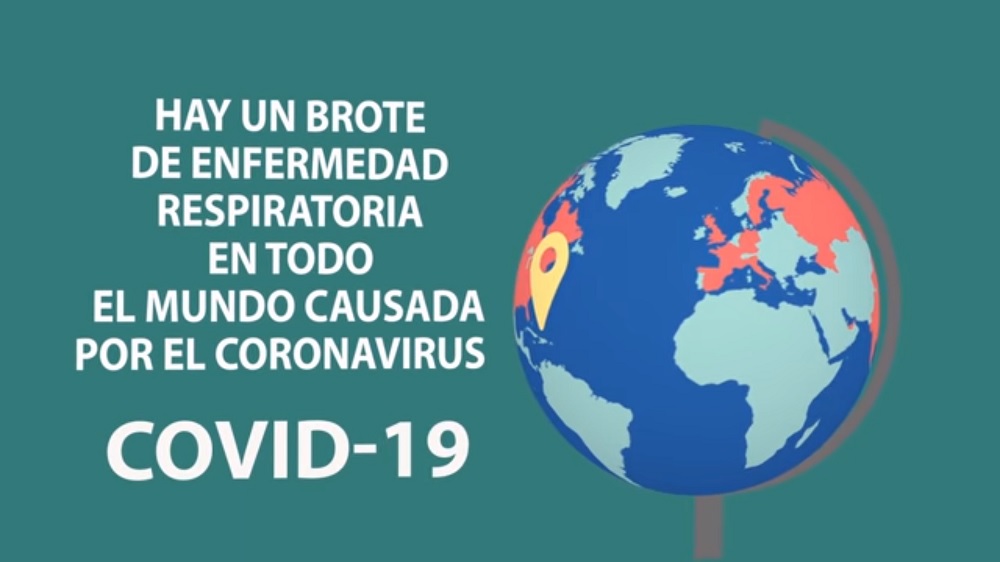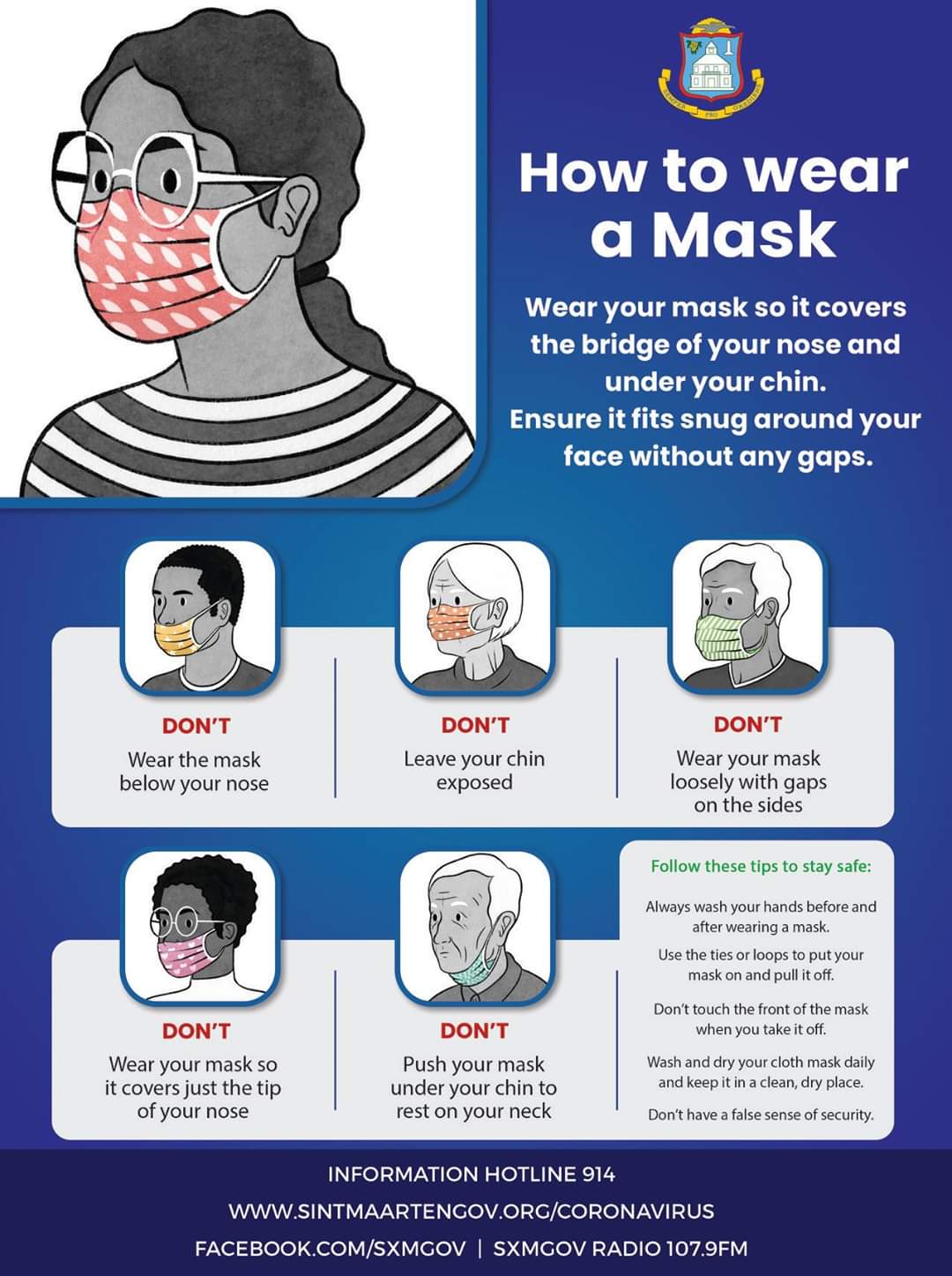Ministry of Public Health reminds the community about the importance of handwashing to prevent gastroenteritis
The Collective Prevention Services (CPS) department within the Ministry of Public Health, Social Development and Labour, reminds the community, and those working at business establishments, to properly wash their hands and prepare meals properly to prevent gastroenteritis.
Gastroenteritis is the inflammation of the stomach and intestine a.k.a. stomach flu, which is usually due to acute infection by viruses or bacteria resulting in vomiting and diarrhea.
The most common symptoms of gastroenteritis are watery diarrhea and vomiting and repeated episodes of diarrhea (three or more episodes within 24 hours). You might also
have stomach pain, cramping, fever, nausea, and a headache.
Because of diarrhea and vomiting, you also can become dehydrated. Watch for signs of dehydration, such as dry skin and a dry mouth, feeling lightheaded, and being really thirsty. Children can get dehydrated quickly, so if your child has the stomach flu, it's important that you pay close attention. Call your doctor if you have any of these symptoms.
Keep children with gastroenteritis out of day care or school until all symptoms are gone. Check with your doctor before giving your child any medication. For adults who are ill, they should stay at home until recovered.
There are many ways gastroenteritis can be spread: Contact with someone who has the virus; contaminated food or water; unwashed hands after going to the bathroom or changing a diaper.
Gastroenteritis or stomach flu can be caused by many different kinds of viruses, the main types are rotavirus and norovirus.
Rotavirus is the world's most common cause of diarrhea in infants and young children. Norovirus is the most common cause of serious gastroenteritis and also foodborne disease outbreaks. The norovirus is self-limiting. The infection can spread when bacteria found in feces or vomitus is transferred to other objects.
Viruses and bacteria can be transferred through poor hygiene. They spread through contamination of hands, objects, hard surfaces or food infected with the aforementioned. The virus enters your body via your mouth, this type of transmission is fecal-oral. Viral gastroenteritis may also be spread through coughing and sneezing.
For example, if someone does not wash their hands after going to the toilet, any viruses or bacteria on their hands will be transferred to whatever they touch, such as glass, kitchen utensil or food.
To prevent the spread of the infection, wash your hands thoroughly with soap and water for at least 20 seconds after going to the toilet and before eating or preparing food; clean the toilet, including the seat and handle, with disinfectant after each bout of vomiting or diarrhea; don?t share towels, cutlery and utensils with other household members; and in consultation with your physician you should not return to work until 48 hours after your last bout of vomiting or diarrhea.
Practicing good food hygiene is essential in preventing gastroenteritis. Good food hygiene entails properly and regularly washing your hands; properly and regularly clean preparation area/surfaces and utensils with hot, soapy water; never store raw food and cooked foods together; avoid cross contamination of foods; make sure that food is properly refrigerated; always cook your food thoroughly; and never eat food that has expired (past its shelf date or sales date; and check for expiration dates).










